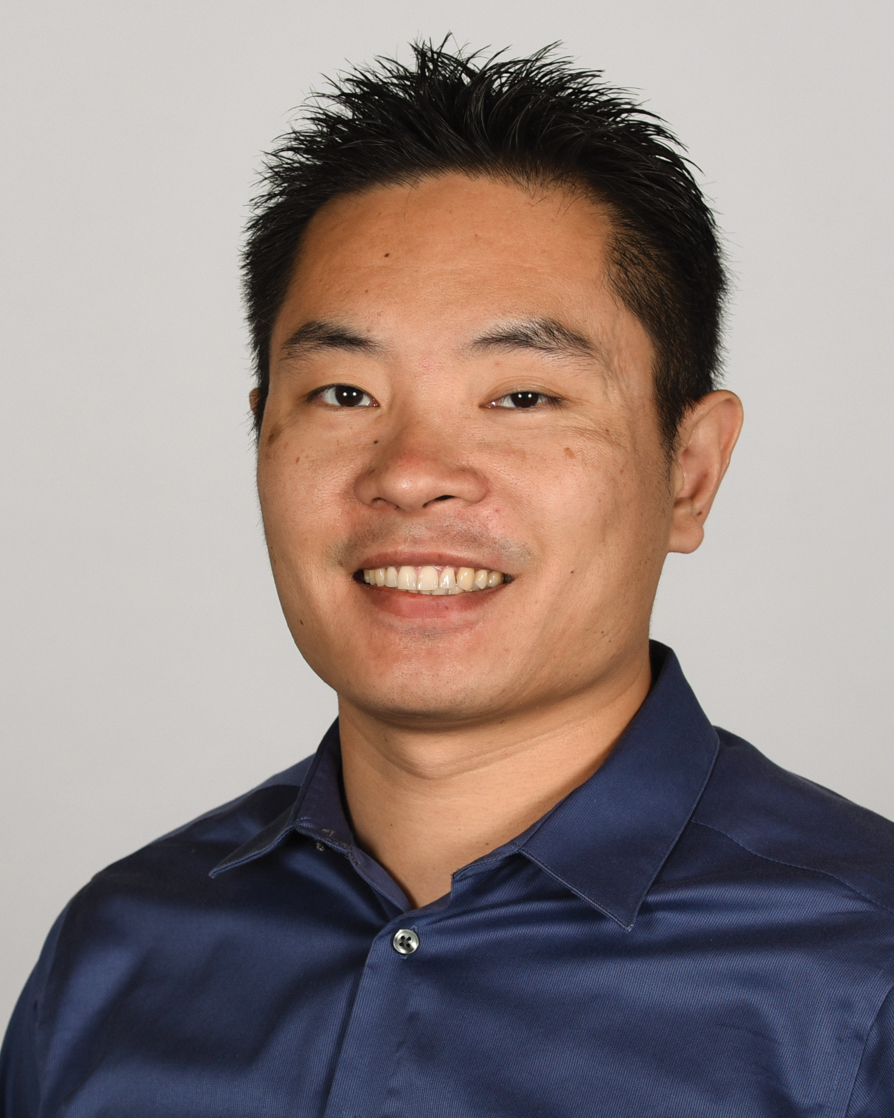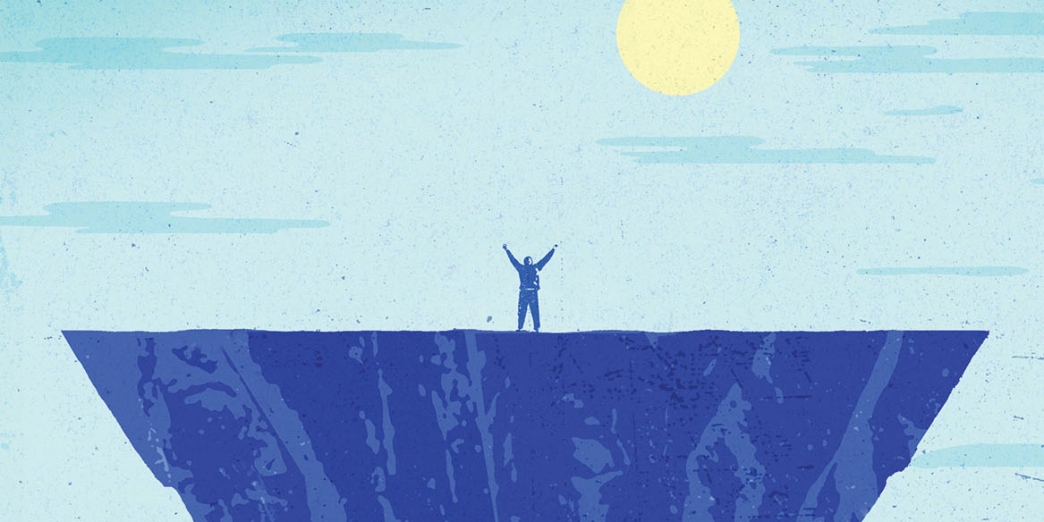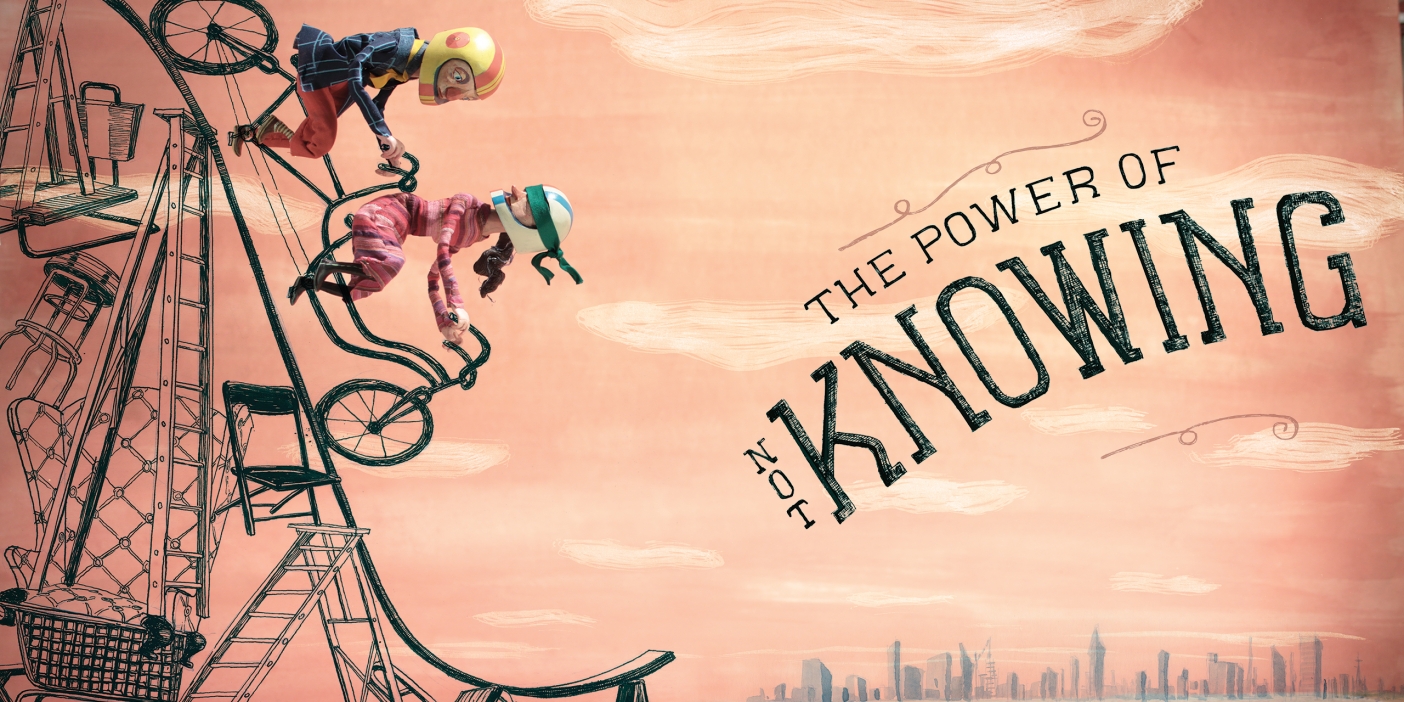As the “make lemonade” adage points out, life gives everyone lemons. But who goes around looking for more? Jia Jiang (BS ’04), that’s who.
A Chinese computer-science grad with a grand entrepreneurial vision, Jiang quit his job at a Fortune 500 company to begin a startup just days before his son was born. A potential investor had approached, and Jiang was ready to move. But he was not ready for the rejection that followed in the form of an email: “We’re going to pass.” The note brought Jiang to tears. Had leaving his job—already considered a questionable move by his in-laws—been a terrible mistake? He wanted to run away from that pain, but he realized he’d need to get past his fear of rejection for his own good as well as that of his startup.

But how does one do that? In his Google research, Jiang discovered a “rejection therapy” game that called for a 30-day diet of rejection, “small exposures to get used to the feel of it.” Thinking that wouldn’t be enough for him, he made up a list of 100 challenging—and often ludicrous—ways to get rejected, ranging from pulling over a cop to asking to be a Walmart-style greeter at Starbucks. And to keep himself accountable, he decided to film his rejections and post them all on YouTube.
Jiang’s first test—to ask a mall security officer for $100—felt brazen. When the officer said no, Jiang felt terrified and left, not responding when the officer asked why he wanted the money. On day two he asked a Five Guys employee for a “burger refill.” Another rejection, but this time he forced himself to stay and even managed to joke a bit about it with the employee to minimize the discomfort. On day three he asked a Krispy Kreme manager to make him donuts in the shape of interlaced Olympic rings. To Jiang’s surprise, she agreed and even gave him the doughnuts for free.
Jiang’s YouTube video of that rejection “failure” racked up some 5 million views, and his goal to overcome fear of rejection found sympathy across the world. The encouragement made him more zealous in his quest.
By the time Jiang completed all 100 rejection scenarios, he found that his requests had actually been accepted in half of them. “I realized,” Jiang recounts, “that I could say certain things to maximize my chances. If I acknowledged people’s doubt, people were more likely to say yes. Many people want to say yes. The burden is on the requester to make people comfortable. If they feel comfortable, so do I, . . . and the chance of getting a yes goes way up.”
And he learned not to give up. “We are our own worst rejecters,” he says. “The fear of rejection is far worse than rejection itself, because it stops us from trying things. . . . We assume we always will be rejected, and we give up quickly. Rejection is a numbers game; get through the nos, and you’ll eventually get your yes.”
“The fear of rejection is far worse than rejection itself, because it stops us from trying things.” —Jia Jiang
The experience changed Jiang’s life. He became a TED-talk presenter, a sought-after speaker, the author of the book Rejection Proof: How I Beat Fear and Became Invincible Through 100 Days of Rejection, and the founder of Wuju Learning, a sales and recruiter training company. “Wuju” is Chinese for “fearless.” He teaches others how to battle their fears, especially fears of rejection.
“People will do anything to avoid rejection. But avoiding rejection doesn’t mean you will avoid failure,” says Jiang. “People who really change the world, who change the way we live and the way we think, were the people who were met with initial and often violent rejection. People like Martin Luther King Jr., Mahatma Gandhi, Nelson Mandela, and even Jesus Christ. These people did not let rejection define them. They let their reaction, after rejection, define them.”











